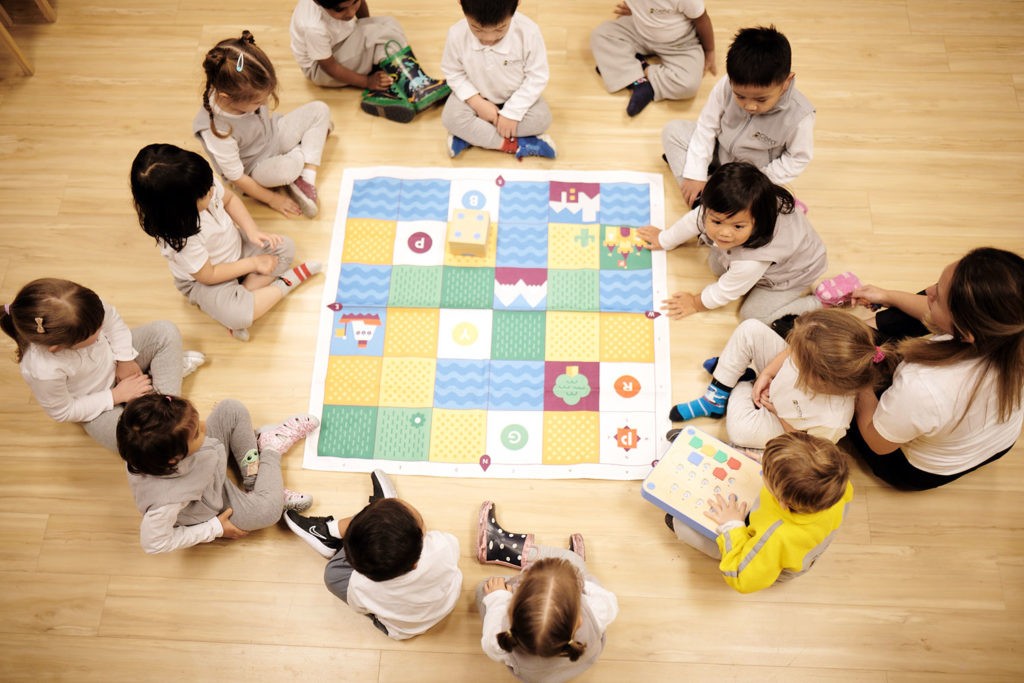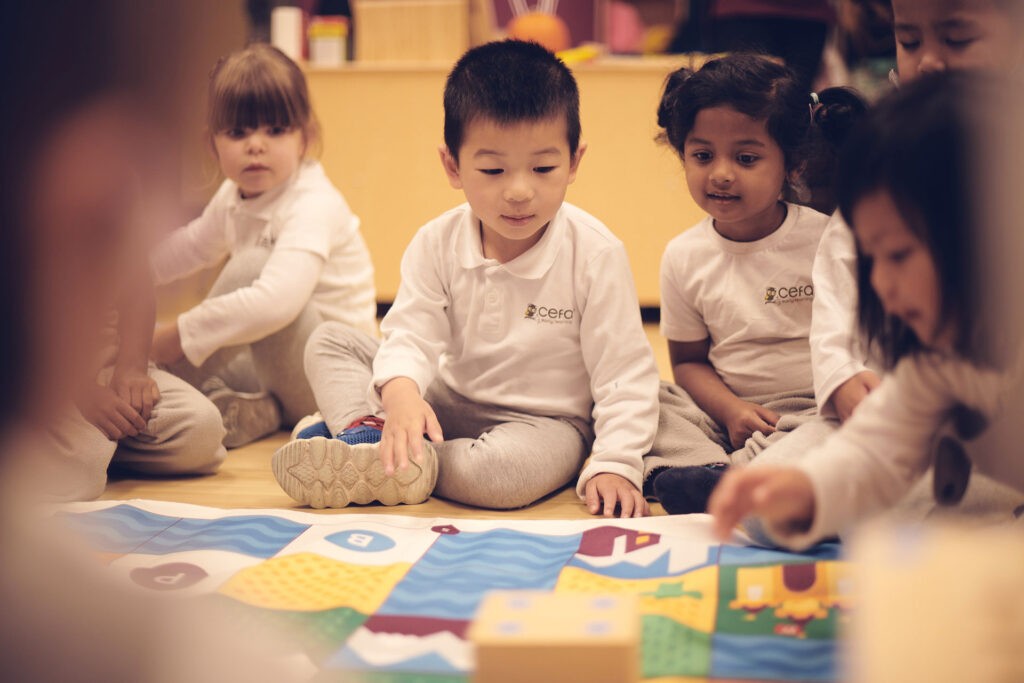The importance of coding skills in children under five has recently gained a lot of public attention. Being one of today’s most in-demand skills, there is no doubt that coding has become an extremely useful ability for someone to have. Children should start learning coding at an early age, so they become proficient in the valuable skills it teaches, thus having these skills to apply to their childhood (and adulthood) learning from the start.
Coding is a language. Just like how you use your own language to communicate and understand others, text-based coding and programming languages help computers to understand a basic set of instructions. A language that is continually evolving, coding boasts the distinctive feature that its capacity is technically limitless.
You might wonder how coding could possibly make sense to a child at an early age. It may seem too complicated or burdensome for young children. However, when taught at an age-appropriate level, it can be quite fun for kids to learn to code.
With this knowledge, they get a jump on acquiring one of the most in-demand skills of today, and the transferrable skills it teaches: communication, collaboration, critical thinking, and creativity.

Four Skills That Coding Can Teach Toddlers
1. Coding helps children learn effective problem-solving skills
Coding allows children to attain strong problem-solving experiences through practical hands-on experimentation. When children write code, they often encounter situations where they must repeat a process to reach the solution. Coding involves making mistakes, trying different ways to fix them, testing your work, and correcting errors to optimize your steps to achieve the final result.
This process teaches kids to break down a complex concept or problem into smaller manageable pieces. This gives them a better understanding of the big picture, and helps them adjust their thinking and sharpen their problem-solving skills.
2. Coding promotes creativity
Children use coding practice to experiment and find unique solutions to solve problems. It provides an educational platform for children’s creativity to develop and strengthen.
Toddlers usually get started with coding education by playing or writing a simple game. Computer coding engages young learners in a highly creative knowledge-applying process through which they are gently encouraged to use unconventional thinking. Unlike the passive education process where kids are used to being told what to do and how to think, coding allows them to be in control, freely tapping into their vast imagination.

3. Coding provides enhanced digital literacy and stimulates brain development
Working to ‘debug’ code nudges toddlers to view the problem from different angles. Sometimes, they need to go back to the drawing board to reassess and analyze each step with persistence. As a result, your little computer programmer is actively challenged intellectually.
Once they grasp the basic understanding of the coding structure, they enjoy the benefit of enriched digital literacy. Using these new skills they can more confidently find, assess, and communicate information on various digital platforms.
Also, coding activates the parts of the brain that are closely related to dialect preparing, consideration, and working memory. In other words, teaching coding skills at an early age provides natural, brain-boosting effects that help to strengthen associations between different parts of the brain. Neuroscience has discovered that the optimal time for a child to learn core skills is in the first five years of their life. Thus, helping a toddler learn these computer science skills early can have lifelong benefits.
4. Coding enhances children’s communication skills
The ability to break down a large problem into digestible pieces translates to young children’s interpersonal skills. When coding, children learn what message needs to be delivered and brainstorms the best way to achieve it.
This logical communication skill comes in handy when toddlers interact with other people. Because children naturally pick up skills of conveying their ideas concisely and accurately through coding, they use these skills when communicating with their peers, family, and caregivers with increased clarity and confidence.
At CEFA, coding is a key component of our curriculum as it’s proven to help children learn, understand, and communicate basic logic. As a key literacy skill all children need in today’s digital world, it’s important children are taught to understand how to work with the technology around them. That’s why CEFA early childhood curriculums teach these skills early, so children have time to learn and apply it to other areas of their life.
